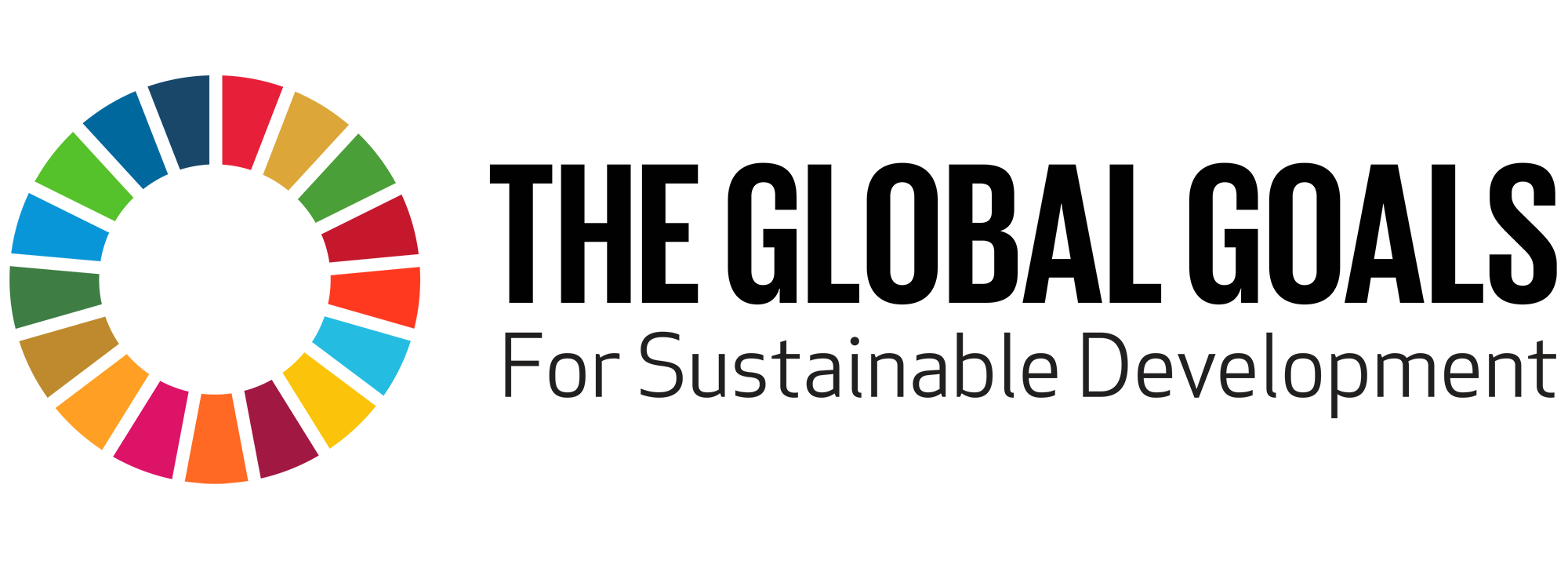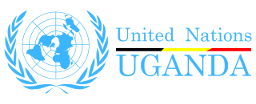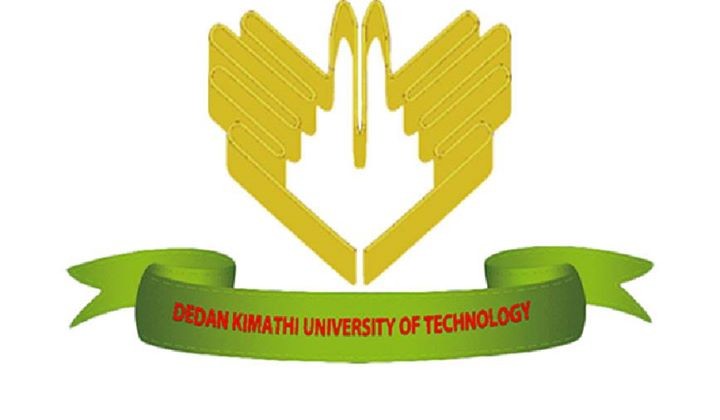Data Science Africa 2016
Kampala, Uganda
The last few years have witnessed an explosion in the quantity and variety of data available in Africa, produced either as a by-product of digital services, from sensors or measuring devices, satellites and from many other sources. A number of practical fields have been transformed by the ability to collect large volumes of data: for example, bioinformatics with the development of high throughput sequencing technology capable of measuring gene expression in cells, or agriculture with the widespread availability of high quality remote sensing data. For other data sources – such as mobile phone usage records from telecoms operators, which can be used to measure population movement and economic activity – we are just beginning to understand the practical possibilities.
Data science seeks to exploit advances in machine learning and statistics to make sense of the growing amounts of data available from various sources. In Africa, a number of problems in areas such as healthcare, agriculture, disaster response and wildlife conservation would benefit greatly if domain experts were exposed to data science techniques. These skills would allow practitioners to extract useful information from these abundant sources of raw data.
In the tradition of previous Africa Data Science workshops, a summer school on machine learning and data science will be held prior to the main workshop. This summer school will target graduate students, researchers and professionals working with huge amounts of data or unique datasets.
The summer school will focus on introductory and advanced lectures in data science and machine learning as well as moderate to advanced practical and tutorial sessions where participants will get their hands wet wrangling and munging datasets and applying cutting edge machine learning techniques to derive inference from the data. Lectures will be given by distinguished world renown researchers and practitioners including researchers from Sheffield University, IBM Research, Facebook, Pulse Lab Kampala and the AI and Data Science (AIR) lab-Makerere University.
The school will also involve end-to-end tutorial sessions from professionals walking the participants through a real data analytics problem from data acquisition to data presentation. To benefit from this course participants are encouraged to have some background in programming particularly programming with Python.
School programme outline:
Stuff to install..
To ensure we hit the ground running, it is essential you install the prerequiste software and test it out and make sure it is working on your computer. The venue for the summer school will have some computers on which the software will have been installed but you are advised to come with your own laptop with the software installed.
Luckily all the software required has already been prepackaged in a bundle called Anaconda. You can download the various versions of the software for your laptop OS and architecture from the Anaconda website
Stuff to do..
To ensure that the software is working fine on your machine and to get you up and running, download the following jupyter notebook and do the exercises in there. If you have not used jupyter notebook before, make friends with Google - a friend in need …
Time |
Activity |
Material |
|---|---|---|
08:00-08:30 |
Arrival and Registration |
|
08:30-09:00 |
Opening Remarks |
|
| Session 1 (Machine Learning and Data Science) |
||
09:00-10:00 |
Lecture 1: Introduction to Data Science and Machine Learning |
|
10:00-10:30 |
Break |
|
| Session 2 (Machine Learning) |
||
10:30-12:00 |
Lecture 2: Introduction to Classification |
|
12:00-13:00 |
Lecture 2: Practice Session |
|
13:00-14:00 |
Lunch |
|
14:00-15:20 |
Lecture 2: Practice Session |
|
15:20-15:30 |
Break |
|
| Session 3 (Data Science) |
||
16:00-16:30 |
Lecture 3A: Spatial Data Analysis |
|
16:30-17:00 |
Lecture 3B: From raw data to meaningful features |
|
17:00-18:00 |
Lecture 3: Practice Session |
Time |
Activity |
Material |
|---|---|---|
| Session 4 (Data Science) |
||
09:00-10:00 |
Lecture 4: Data Wrangling with Pandas |
|
10:00-10:30 |
Break |
|
10:30-12:00 |
Lecture 4: Practical Session |
|
| Session 5 (Machine Learning) |
||
12:00-13:00 |
Lecture 5: Classification Continued |
|
13:00-14:00 |
Lunch |
|
14:00-15:20 |
Lecture 5: Practical Session Malaria Detection |
|
15:20-15:30 |
Break |
|
| Session 6 (Data Science) |
||
15:30-16:30 |
Lecture 6: Data Exploration and Visualization |
|
16:30-18:00 |
Lecture 6 Practical Session |
Time |
Activity |
Material |
|---|---|---|
| Session 7 (Data Science) |
||
09:00-10:00 |
Lecture 7: Text Mining |
|
10:00-10:30 |
Break |
|
10:30-12:00 |
Lecture 7: Practical Session |
|
| Session 8 (Machine Learning) |
||
12:00-13:00 |
Model Selection |
|
13:00-14:00 |
Lunch |
|
14:00-15:20 |
Lecture 8: Practical Session |
|
15:20-15:30 |
Break |
|
| Session 9 (Data Science) |
||
15:30-16:30 |
Lecture 9 |
|
16:30-18:00 |
Lecture 9: Practical Session |
|
18:00-19:30 |
Cocktail |
The summer school is now fully subscribed, and registration has closed.
Theme
Using data science to monitor and achieve the global goals in Africa

Call for Registration
The workshop will be organized around interactive panel discussions. Each panel will discuss how data science can advance the achievement of a specific Global Goal on the African continent.
This is part of the event will unite a wide range of stakeholders, uniting data scientists with representatives from government, development practitioners and the private sector; a unique setting in which innovative solution driven ideas can thrive.
Participants will also develop a framework for attracting young African talent, mentors and researchers from academia, the public sector and the private sector in Africa to engage in activities geared towards harnessing big data and real-time analytics for the public good.
Workshop programme outline:
Time |
Presentation |
|
|---|---|---|
09:00-09:30 |
Workshop Opening |
|
| Remarks by UN Resident Country Coordinator Ms Rosa Molango |
||
09:30-10:00 |
Introduction Presentation |
|
10:00-10:20 |
Break |
|
10:20-11:00 |
Current data science work at IBM Research Africa, including Cognitive Companions in Healthcare and Education. |
|
11:00-13:00 |
Data Science for Agriculture |
|
| Big Data for Agriculture: Opportunities in Africa |
||
| Smartphone-based Disease Surveillance |
||
| KUDU: Mobile-Based Agricultural Market in Uganda |
||
| A Framework for Decision Support Tools to Optimize Smallholder Dairy Production in East Africa |
||
| Data on Livelihoods to Target and Track Agricultural Interventions |
||
| Breed Composition of Tanzania Crossbred Dairy Cattle |
||
13:00-14:00 |
Lunch |
|
14:00-15:30 |
Data Science for Sustainable Cities |
|
| Sustainable Urban Planning Using Big Data from Mobile Phones |
||
| An Atlas of Kampala Buildings |
||
| Telemetry for Urban Planning Case Study: Boda Boda |
||
| Crowd Sourced Transcription of Kampala's Traffic Collision Data |
||
16:00-16:30 |
Data Collection and Curation |
|
| Open Data Practice and Principles with the Kenya Open Data Initiative |
||
| IVR Surveys |
||
16:30-17:00 |
AI Research at Facebook |
|
17:00-18:00 |
Networking |
Time |
Presentation |
|
|---|---|---|
09:30-10:00 |
The Kenya Bioacoustics Project |
|
10:00-10:30 |
New Directions in Data Science |
|
630.0 |
An Axis of Data Science Research |
|
10:30-11:00 |
Break |
|
11:00-13:30 |
Data Science for Health |
|
| Data Science for Malaria Elimination |
||
| Social Science Approaches to Data Science |
||
| Automated Mobile Microscopic Diagnosis |
||
| Monitoring Option B+ in Real Time |
||
|
|
||
13:30-14:30 |
Refereshments |
|
14:30-15:30 |
Data Science for Planning and the Environment |
|
| Data Science at UNICEF |
||
| Enhancing Water Quality Monitoring Efforts in the Lake Victoria Using Satellite Imagery |
||
|
|
||
|
|
||
15:30-16:30 |
Data Science Training and Mentorship in Africa |
|
|
|
||
| 'Data Science' Training & Mentoriship Programs: A Silicon Valley Hiring Manager Perspective |
||
|
|
||
16:30-17:30 |
Networking |
The workshop is now fully subscribed, and registration has closed.
Collaborators






Sponsorship
Sponsoring Data Science Africa 2016 Event is a great way to communicate your commitment to support the achievement of the sustainable development goals. We thank this year's sponsors:

